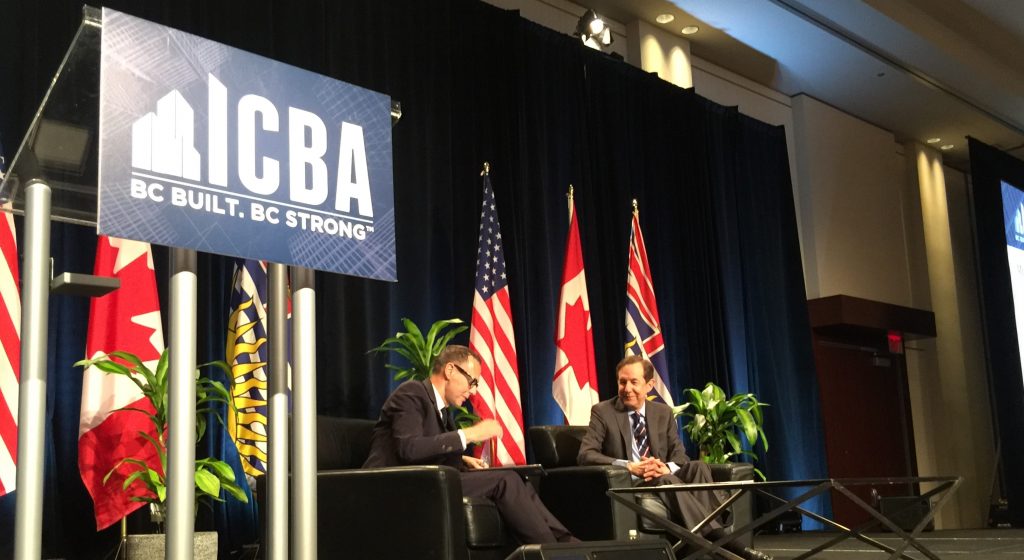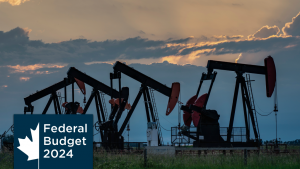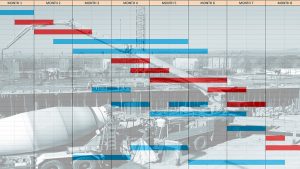One of the biggest stars on Fox News recently gave Vancouver’s construction industry insights on where America has been and where it’s going, as seen through the lens of a broadcast career spanning decades.
Fox News anchor Chris Wallace was the guest at the Independent Contractors and Businesses Association’s Outlook Forum, which was held recently in downtown Vancouver.
Vancouver developer Bob Rennie held a wide-ranging interview with Wallace covering the current American political climate and the anchor’s own anxieties when hosting the third and final presidential debate in October 2016.
“You see Melania at one end of the room, and Bill and Chelsea at the other, and it’s pretty freaky,” Wallace said. “But after about five minutes I figured ‘I can handle this.’ ”
Current events don’t affect how Wallace frames his questions, he said.
While at the time of the presidential debate he moderated Donald Trump was at one of his roughest patches and Hillary Clinton widely touted to win, Wallace said he wanted to avoid what he regarded as the “silly questions” of previous debates.
“My feeling was I’m not going to pile on. I’m like a cop on the beat with a night stick. I’m just trying to keep everyone honest,” Wallace said.
One of the jobs of any interviewer, whether the interview subject is a Democrat or Republican, is to get them off their carefully prepared scripts, he added.
“But the flip side is that they can throw hardballs back at you, and you just have to take it,” Wallace said.
One of the main reasons Clinton lost the election, Wallace stated, was that she struggled to appear authentic, while Trump was able to convey he understood globalization had created both winners and losers.
“Trump brought some considerable appeal to millions of voters, and Clinton didn’t. Part of that was that she had eight-point programs for every problem, but no solutions. If she’d come across as more authentic, I don’t know if it would have affected the polls, but it might have helped her,” Wallace said.
Regarding the surprise shift to Trump by part of the American electorate, Wallace said the news media, when caught flat-footed having misjudged the mood of the public, has to recalibrate so they don’t get flat-footed again.
But the split in the American electorate and between its representatives in Congress and the Senate pre-dates Trump’s election, he said. Wallace arrived in Washington in 1978 and said the changes since then have not been for the better.
“In the 1970s legislators tried to compromise and that has withered over the course of the last 40 years,” Wallace said.
Gerrymandering is one of the reasons for this change, he said, and as a congressman in a reliably red or blue area you have “absolutely no impetus whatsoever” for compromise.
But media is also to blame for America’s current polarization, he said, with Americans increasingly “in a separate universe” regarding facts, with almost no opportunity for compromise over important issues.
Ronald Reagan and Bill Clinton both tried to reach across the aisle and before 9-11 George Bush tried to work with the Democrats, he added.
“But there hasn’t been much since then, and I include Obama in that. Had he reached out to Republicans he could have picked up the more moderate ones, but in the height of the Great Recession he turned it over to Nancy Pelosi, and I think that was a huge mistake,” Wallace said.
Turning to Canada, Wallace said he thinks North American Free Trade Agreement (NAFTA) negotiations won’t conclude until next year.
“Canada is the most stable position right now; Mexico is currently going through elections where NAFTA is an issue, and the U.S. has midterms where the last things Republicans fighting for their lives are going to want is a wild card like NAFTA as an issue,” Wallace said.











Recent Comments
comments for this post are closed